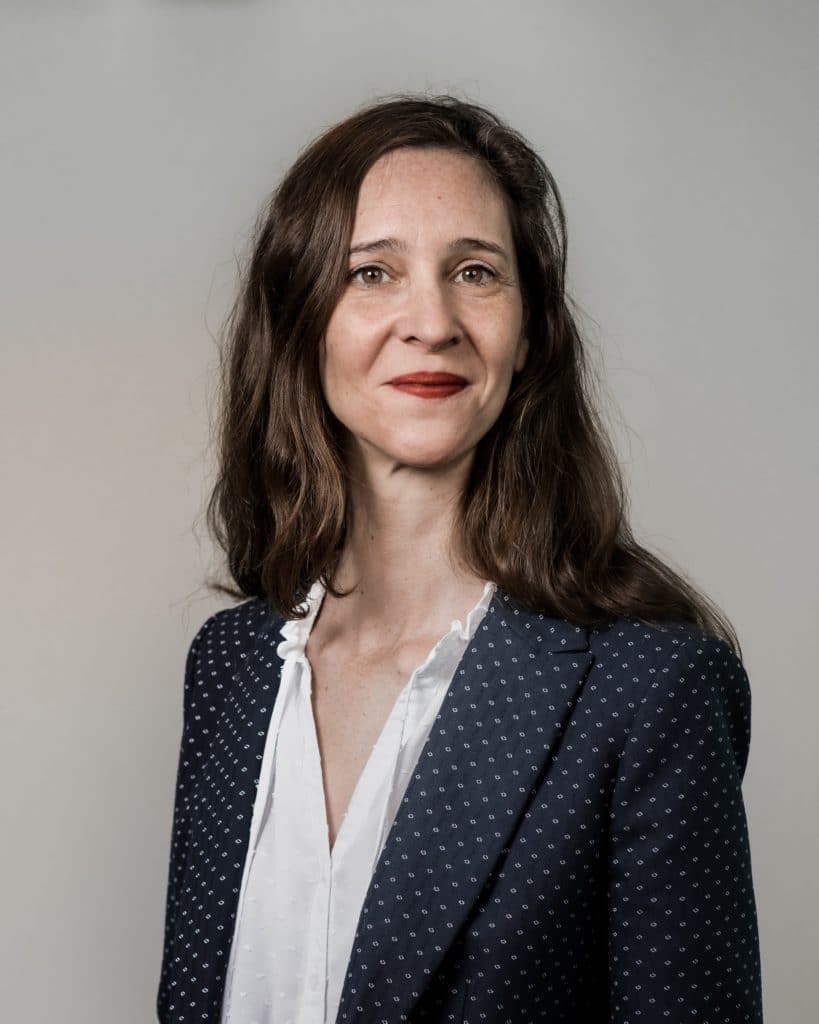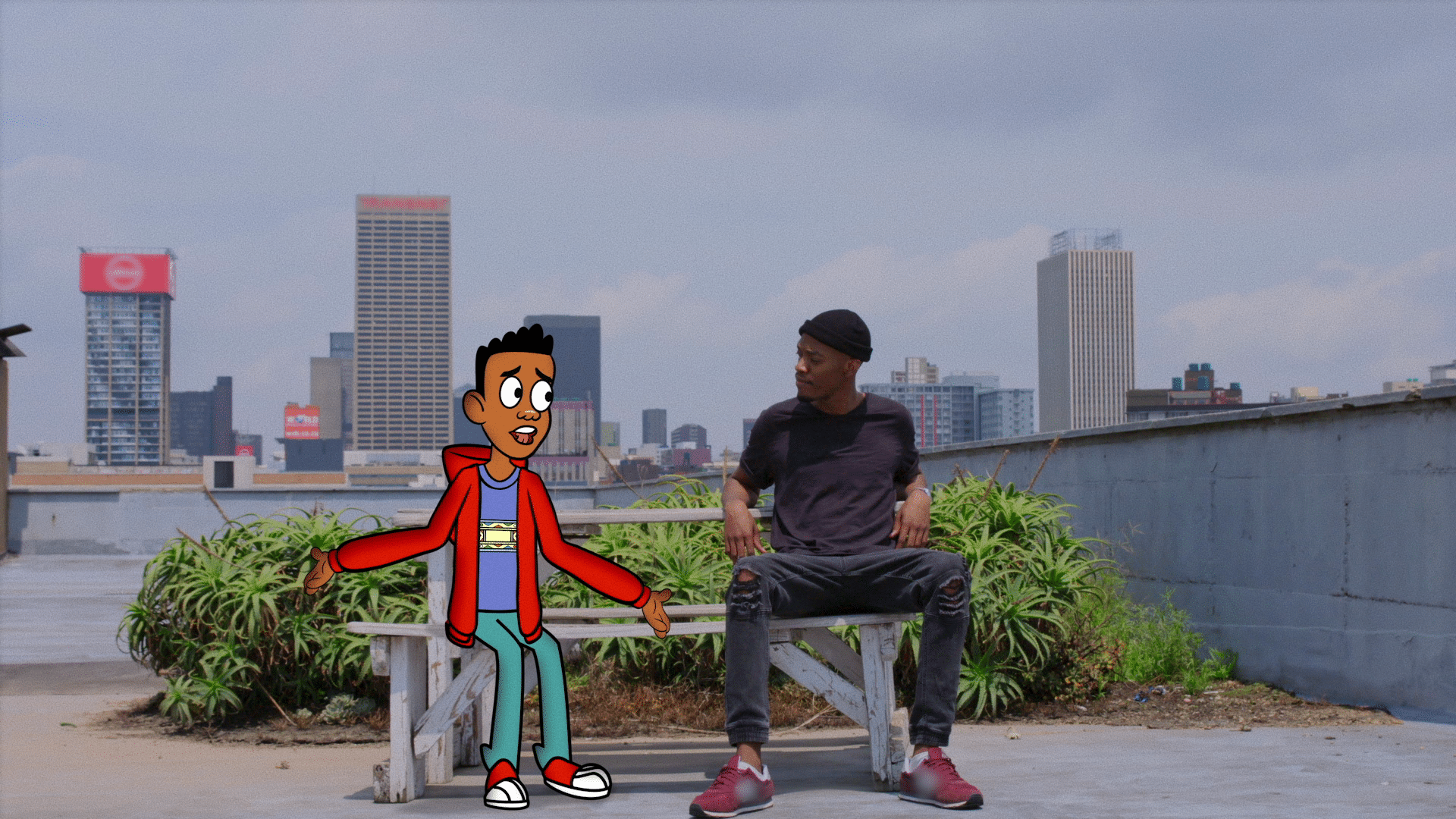South Africa’s emerging animation industry has a new star in creative entrepreneur Lwazi Msipha, who has just debuted a first-of-its-kind African cartoon show on a global network.
IMAGINE IF YOU COULD DRAW AND CREATE your own friends. Self-taught South African animator, Lwazi Msipha, did exactly that, in the process, making himself several friends around the world.
The 27-year-old is the owner and creative director of Old Fashioned Youngin, and the animator behind My Cartoon Friend, a South African cartoon that debuted this year on American cable television’s Cartoon Network.
“I used to love watching the channel growing up. And I always wanted to be on the credits. But now seeing a show that I created [on there] is definitely one of my proudest moments,” Msipha tells FORBES AFRICA.
From Boksburg, on the East Rand of South Africa’s Gauteng province, Msipha grew up inspired by the shows on Cartoon Network such as Courage the Cowardly Dog and Dragon Ball Z on local channel SABC.
Early on, these influenced him to want to pursue animation – a profession unheard of back in the day – and he laid out the initial blueprint for his career, by drawing cartoons using flipbook animations.
“I love seeing my characters come to life. And that was the spark for me. I was like, ‘this is what I want to do, I want to create, I want to see my animations’,” says Msipha.
With support from his mother who encouraged him to pursue the art form, he was able to give shape and form to his dreams after graduating in 2017. He started out as a graphic designer but quit as he wanted to venture into animation full-time.
He began creating cartoons on social media platforms such as YouTube and TikTok until he won the 2019 Digital Lab Africa pitching competition.
This opportunity led to the beginnings of one of Africa’s first original hybrid comedy shows, My Cartoon Friend.

The content in itself was really interesting. And very clear, with a real promise.
– Ariane Suveg
The show portrays Msipha as an animator who plays around with animation software and creates a cartoon character named Themba who magically materializes in real life. Themba becomes his friend and Msipha teaches him to navigate the real world as there are certain things he can’t do as a cartoon.
This interaction unravels a comical repertoire as they embark on adventures together.
But in real life, as Msipha observes, the production work was anything but fun and games.
There’s a lot of toil that goes on behind the scenes, from pre-production and script-writing to character design, dubbing and editing.
Unlike animation for adults, writing for kids is challenging, as the educational nuances and the language used become important.
According to Msipha, it can take approximately five months of pre- production and planning to produce a two-minute episode.
Ariane Suveg, the Kids Content Director for France, Africa & Israel, WarnerMedia, which houses the Cartoon Network brand, was one of those who saw Msipha’s potential.
“I think it [My Cartoon Friend] is a really good example for other young animators in Africa,” she tells FORBES AFRICA over Zoom from France.
“Regarding the fact that we don’t have enough African content on air, it was a time when we were thinking, ‘well, we need fun stuff on air, we need to be creative, we need to do something that we didn’t do before’,” she says.
Msipha’s show was just the continental content they were looking for.
“Also, the content in itself was really interesting, and very clear, with a real promise,” she adds.
While Msipha is the show’s producer and animator, Cartoon Network came on board as the financier. Global networks are always searching for African talent and content, but it isn’t always easy finding them.
“It’s not so easy, because I think from both sides, we don’t necessarily know each other and the African talents don’t necessarily know how to get in touch with us. For me, it’s about time to spend to build the bridges between the creators who don’t necessarily have the networks or connections,” Suveg adds.
There aren’t many animation schools in Africa either, helping young creatives break into the industry.
Additionally, Msipha says there is still a gap in terms of certain stories being told.
“[I think] African spiritually is definitely something that needs to be told more of. It’s the one thing that sets Africa apart from the rest of the globe. That is definitely something that needs to be explored.”
Msipha hopes the young girls and boys who watch his show are inspired.
“It’s ultimately inspiring to watch them see something they can resonate [with], like, ‘oh, this character looks like me, this character is in my hometown, and I know that building’! How exciting is that!”
“I’m really convinced that African stories are bringing something different that is expected elsewhere,” says Suveg.
“I think there are a lot of values that we can see in your stories that do not exist elsewhere. From my side, I see values of optimism, friendship, community and that is a positive way to see life,” she says.
“There is also something beautiful talking about sharing dreams, and with this kind of energy that you don’t necessarily see in Europe or the western countries. So it’s really new,” Suveg says.
Msipha’s future plans are to grow the South African animation industry and create programs for African animators to develop their skills and make animation more accessible as an industry.
He drew his way to success, and for the others, the drawing board beckons.
Animation Action
Despite the institutional challenges, the past few years have seen a trend in more African animation making it to mainstream platforms. Nigerian animator, Ridwan Moshood, garnered a contract with Cartoon Network for his show, Garbage Boy and Trash Can.
Disney too is set to release an African show called Kizazi Moto: Generation Fire, a 10-part anthology crafted by filmmakers from Zimbabwe, Uganda, South Africa, Nigeria, Kenya and Egypt.
Additionally, pan-African entertainment company Kugali has created an animation series titled Iwaju, which Disney announced a partnership with. Two other South African animations are set to be released – Kiff by Lucy Heavens and Nic Small and Kiya and The Kimoja Heroes by Kelly Dillon and Marc Dey.
All these pockets of African creativity bring great encouragement for animators to enter the global scene and advance the representation of African cartoon characters in mainstream media.
